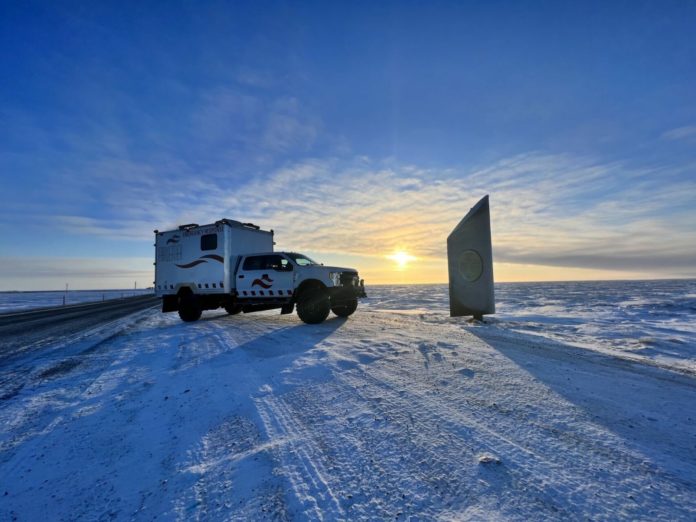According to a study conducted nearly a decade ago, cold weather is 20 times as deadly to humans as hot weather.
The study was published in 2015 in the British scientific journal The Lancet, which analyzed over 74 million deaths in 13 countries between 1985 and 2012.
Of those, 5.4 million deaths were related to cold, and only 311,000 were from heat.
The study also said that most of the heat- or cold-related deaths occurred on moderately hot and moderately cold days. It wasn’t the extreme temperatures that were doing the killing.
Although risk of dying due to extremely cold or hot days is actually higher, they are less frequent, said researcher Antonio Gasparrini of the London School of Hygiene & Tropical Medicine.
The study was launched after the European heatwave of 2003, when governments said about 70,000 premature deaths resulted in countries, particularly in France, and subsequent heat waves in other countries.
The period of extreme heat was at the time thought to be the warmest for up to 500 years, and many European countries experienced their highest temperatures.
The Focus on extreme weather (such as heatwaves) might ignore the incremental risk of moderately unusual temperatures, the journal reported. Both high and low temperatures have been reported to be associated with mortality and morbidity from causes such as cardiovascular disease and respiratory disease.
“Although deaths attributable to cold are substantially more common in most places than are those attributable to heat, they attract far less public attention,” the journal said.
Gasparrini and colleagues used a vast multi-country database to help them analyze attributable risk of ambient temperature for mortality. They collected data for daily mortality, temperature, and other confounding variables from 13 countries, which included more than 74 million deaths recorded in 384 locations across temperate and tropical climates (roughly a third of locations were in the USA).
“Overall, deaths attributable to extreme heat are roughly as frequent as those attributable to moderate heat, while those attributable to extreme cold are negligible compared with those caused by moderate cold,” the researchers observed.
Read the study at The Lancet at this link.
Photo credit: Rob Bussell
